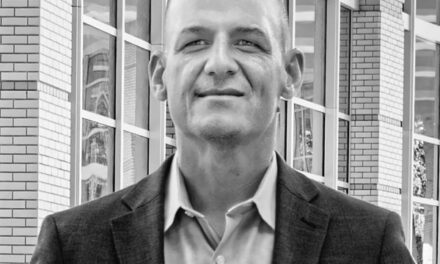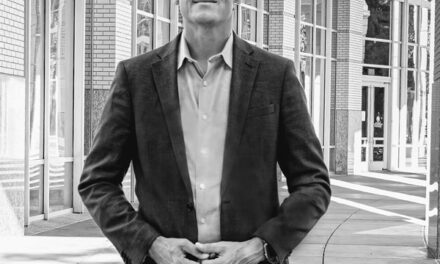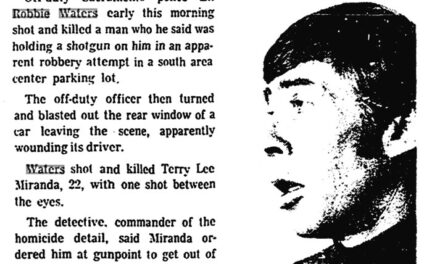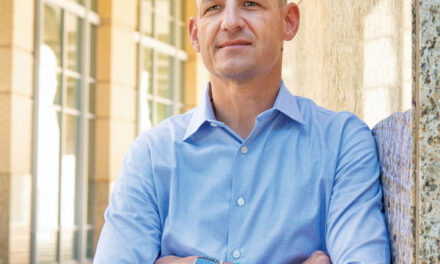People are finding many reasons to vote against Measure A, the strong mayor proposal devised by Mayor Darrell Steinberg. Accountability, neighborhood influence and transparency will dwindle under strong mayor. But there’s something less obvious that makes strong mayor a bad bet.
In August, Steinberg proposed strong mayor as a way to direct extra dollars into historically underserved communities, such as Meadowview, Oak Park and Del Paso Heights. But evidence indicates if Steinberg becomes strong mayor, those communities shouldn’t expect much.
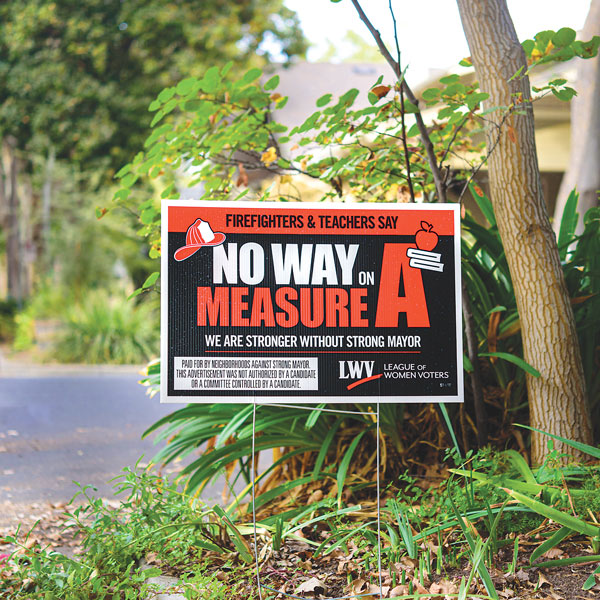
Barely a month after Steinberg rolled out strong mayor and presented himself as a champion of neglected neighborhoods, he opposed a plan by community activists to divert $15 million from the city budget under protocols called “participatory budgeting” or “ballot box budgeting.”
The city’s Measure U Community Advisory Committee floated the $15 million proposal. The committee is a group of local residents appointed by Steinberg and the City Council after the 2018 passage of Measure U, a permanent 1-cent sales tax.
In the Measure U campaign, Steinberg sold himself a powerful advocate for community oversight and inclusiveness. But once voters approved the tax hike, he pivoted. He seemed to abandon any serious interest in community inclusiveness and participatory budgeting.
When the coronavirus shut City Hall and moved public meetings online, the city quickly forgot about the community advisory committee. The group was dropped from city agendas, banished to oblivion.
Despite his bully pulpit and majority grip on the City Council, Steinberg was silent about the disappearance of the advisory committee. He did nothing to help restore the group until its members publicly complained. They shamed Steinberg and City Hall into acknowledging them.
In September, the resurrected advisory committee announced its proposal to extract $15 million from the current budget and let the public decide where to spend it—the foundation of participatory budgeting.
The committee wrote, “If we really want to support inclusive economic development, then in addition to creating a portal and process for funding programs and people, we also must begin to radically reimagine how we structure our funding and how ‘inclusive’ we are of Sacramento residents who live in disadvantaged communities in shaping funding priorities.”
With the strong mayor campaign underway, Steinberg might have been more sympathetic to the community advisory committee and its proposals.
After all, the strong mayor play depends on making people believe Steinberg will cut through red tape and deliver extra money where it needs to go—unlike City Council members who tend to divide up dollars and spread money around local neighborhoods.
But Steinberg wasn’t sympathetic. He chopped the advisory committee’s proposal down to what he calls a “discreet” number, $5 million. The money had been set aside for vacant city jobs.
Steinberg insists he believes in participatory budgeting. He wrote a $40 million annual community handout into Measure A. But his behavior with the advisory committee indicates his interests are selfish. He wants to control the budget—and the handouts.
Why would Steinberg say he loves community inclusion if he doesn’t mean it? Consider his background: He spent the bulk of his political career—14 years—climbing greasy poles in the state Assembly and Senate, where he became leader. Senate corruption reached embarrassing levels under Steinberg. Senators were jailed.
State legislators have zero interest in allowing citizens behind the curtain to interfere with a system dominated by political contributions and lobbyists. That’s Steinberg’s world. If not for term limits, he would still be there.
And that’s why people who know Steinberg recognize the cynicism of his strong mayor campaign. That’s why City Council members who represent two historically underserved communities—Allen Warren of Del Paso Heights and Larry Carr of Meadowview—oppose strong mayor.
That’s why Katie Valenzuela, newly elected progressive councilmember from Midtown, is against strong mayor, along with the chair of the Measure U Community Advisory Committee, Flojaune Cofer, plus retired city leaders Mayor Heather Fargo and Councilmember Darrell Fong, among others.
That alone should be enough to defeat strong mayor Measure A on Nov. 3.
R.E. Graswich can be reached at regraswich@icloud.com. Follow us on Twitter, Facebook and Instagram: @insidesacramento.





